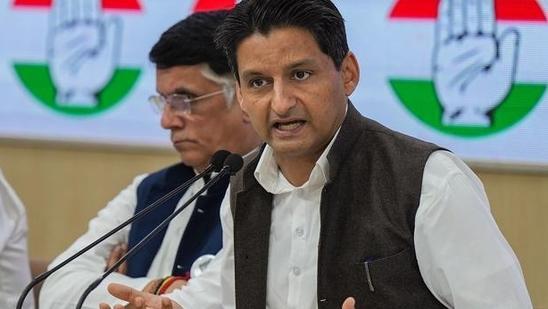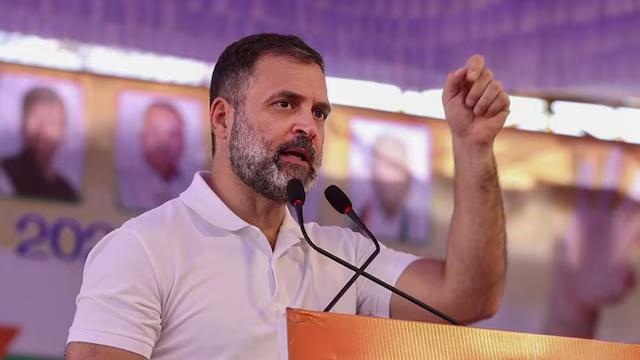
Title: Open to discussions on changing The Hundred to T20, says ECB CEO
The Hundred, a innovative 100-ball cricket competition introduced by the England and Wales Cricket Board (ECB), has been making waves in the cricketing world since its inception. However, with the ever-evolving landscape of the sport, there have been murmurs about the format potentially changing to a more conventional Twenty20 (T20) competition. In a recent statement, ECB CEO Richard Gould has confirmed that the board remains open to discussing such a change, highlighting the importance of taking advice and guidance from investors and experts to shape the future of the game.
The Hundred, launched in 2020, aimed to breathe fresh life into English cricket by introducing a new format that combines the excitement of T20 with the strategic nuances of a longer-format game. The competition has received mixed reviews, with some praising its innovative approach and others criticising its awkward timing and confusing rules. Despite this, The Hundred has managed to attract a significant following and has been a financial success for the ECB.
However, with the rise of other T20 competitions around the world, such as the Indian Premier League (IPL) and the Big Bash League (BBL), there has been growing speculation about the potential for The Hundred to adopt a more traditional T20 format. Gould’s comments suggest that the ECB is willing to listen to these discussions and consider the implications of such a change.
“We’ve had some fantastic feedback from fans, and we’re always looking at ways to improve the product,” Gould said in an interview. “Those discussions have not taken place [internally], but we’ve got some amazing investors, and we would be foolish if we weren’t to take advice, guidance and counsel as to how to take this game forward.”
Gould’s statement highlights the ECB’s commitment to continuous improvement and its willingness to adapt to changing circumstances. With the global cricket landscape becoming increasingly crowded and competitive, the ECB must ensure that The Hundred remains a relevant and attractive proposition for fans, players, and investors.
The potential benefits of changing The Hundred to a T20 format are numerous. For one, it would allow the competition to tap into the vast popularity of T20 cricket, which has become a global phenomenon in recent years. A T20 format would also simplify the rules and make the game more accessible to new fans, potentially attracting a wider audience.
Furthermore, a T20 format would allow The Hundred to compete more directly with other T20 competitions, potentially attracting top international players and coaches. The ECB has already taken steps to improve the competition’s appeal, including the introduction of a new draft system and increased prize money.
However, changing The Hundred to a T20 format would also come with its challenges. The ECB would need to navigate complex logistics, including scheduling conflicts and venue issues. Additionally, there may be concerns about the impact on the competition’s unique identity and the potential for dilution of its innovative spirit.
Ultimately, any decision to change The Hundred’s format would require careful consideration and consultation with stakeholders, including investors, players, and fans. The ECB must weigh the potential benefits of a T20 format against the potential risks and challenges, as well as the potential impact on the competition’s core values and identity.
In conclusion, Richard Gould’s comments highlight the ECB’s willingness to engage in open and constructive discussions about the future of The Hundred. While there are valid arguments for and against changing the competition’s format to a T20, the ECB must prioritize the needs and interests of fans, players, and investors in making any decisions.
As the cricketing world continues to evolve, it is essential that The Hundred remains a relevant and exciting competition that continues to push the boundaries of innovation and creativity. By embracing open discussions and considering the views of all stakeholders, the ECB can ensure that The Hundred remains a vital part of the global cricket landscape for years to come.






